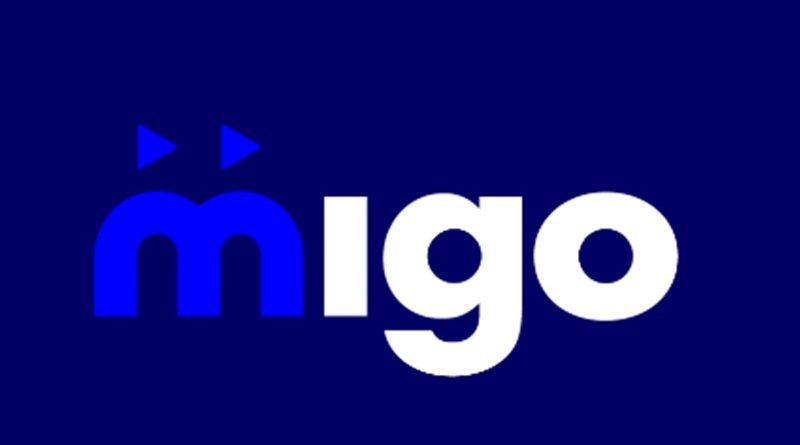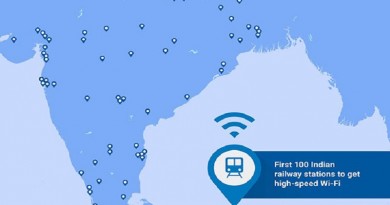Migo Raises $20M To Help Provide Digital Credit In Nigeria & Brazil by Mary Ann Azevedo
Migo, a San Francisco, Calif.-based fintech startup with a cloud-based lending platform, announced this morning it has raised $20 million in the first closing of a Series B round of funding.
Valor Capital Group, a New York-based cross-border venture capital firm with a Brazil focus, led the investment. Existing investors The Rise Fund (managed by TPG Growth) and Velocity Capital also participated in the round. The funding brings Migo’s total raised since it was founded in 2013 to about $35 million, according to Christian Bergmann, the company’s vice president of partnerships.
The company expects to raise “at least” another $10 million to $15 million by year’s end from a strategic corporate investor, Bergmann said. Migo had previously raised $11 million in a Series A led by The Rise Fund in August 2018 and about $3.5 million in seed funding prior to that.
The company, which has previously only operated in Nigeria, plans to use the new capital in part to expand into the Brazilian market, hence Valor’s involvement. In announcing the funding, Migo also announced it had formally changed its name to Migo from Mines.io.
How it works
Migo emphasizes that it’s not an app, unlike other personal lenders operating in the space. It works with enterprises such as telecommunication companies, merchants and banks to be able to offer loans to their individual customers through a co-branded cloud-based product. Migo also differentiates itself from other popular lending platforms in that it claims to target “underbanked” customers who are not typically covered by credit bureaus and can not afford smartphones. The company has underwritten more than 7 million loans since 2017, according to Bergmann.
“We’ve built and designed a full stack of technology and partnered with enterprises to help them provide loans, usually within 2-3 minutes, to customers that they could not normally provide loans to,” Bergmann told me. “We’re not trying to be disruptive. We’re working with local partners and unlike others that have an app who are only accessing people that can afford to have a smartphone, we are trying to reach a broader market.”
Because the company is not trying to disrupt any given market (it claims to instead work closely with local regulators and even operates its own bank), its strategy is to “go very deep” into the market in which it operates.
The enterprises in turn provide data to Migo, which then uses that data to make credit decisions. The company believes its big data approach makes the company stand out, as it aggregates “massive amounts of data across all of its partners to improve population coverage and credit decisions over time.”
Migo works with a slew of entities such as mobile operators 9mobile and MTN, payment companies Interswitch and Flutterwave and banks such as Bank of Industry and Fidelity Bank Plc.
“We’re highly supported by local and national governments in Nigeria,” Bergmann told me. “We are loved in the system, and believe that’s why we’ve been so successful. So with that playbook, we are now approaching Brazil and hope to be even more successful earlier.”
An estimated 90 million adults in Nigeria and 100 million adults in Brazil have no access to credit. As such, the company views the sector as “a massive area of untapped growth for emerging market banking ecosystems.”
“The typical Silicon Valley approach of move-fast-and-break-things doesn’t work well in emerging markets,” noted Bergmann. To create durable solutions, it is important to combine the audacity of cutting-edge technology with humility to the nuances of local markets.”
As part of the financing, Antoine Colaco, a partner at Valor Capital, has joined Migo’s board of directors.
Migo started out as a research project on high-performance artificial intelligence led by Migo Chief Scientist Kunle Olukotun, a professor of computer engineering at Stanford University. By chance, he met Migo CEO Ekechi Nwokah, a computer scientist working on big data projects at Amazon Web Services. Following their meeting, the pair teamed up to build the Migo platform.
Some context
Migo is one of several startups focused on helping Brazilians have increased access to personal financing options. Last month, we reported on Neon, which operates a digital bank in Brazil, reportedly raising $94 million in funding in a round led by Banco Votorantim and General Atlantic, according to a news report from Brazilian publication Estadao. And in July, Silicon Valley venture firm TCV confirmed it led a $400 million round for Brazilian fintech startup Nubank, marking that firm’s first “significant” investment in Latin America.
by Mary Ann Azevedo, Crunchbase




